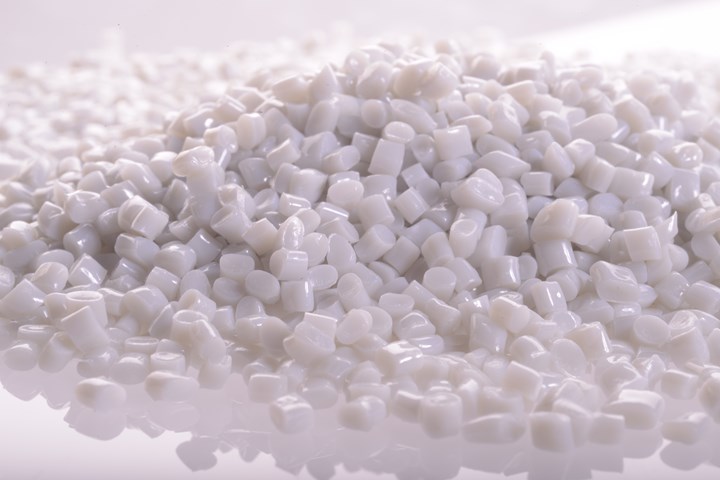PolyQuest to Expand rPET Production and Evaluating Polyolefins PCR Business
At least one additional FDA rPET production line is planned by PolyQuest at its Darlington facility.

Further investment in its PET recycling operations to meet increasing demand for post-consumer recycle content is planned by PolyQuest, Wilmington, N.C.., a leading North American resin distributor of PET and PP and PET recycler. The company has been producing high-quality rPET resins, using either post-industrial or post-consumer recycled PET feedstocks since 2006 at its recycling facility in Darlington, N.C. Entering the recycled polyolefins business is also under consideration.
PolyQuest can manufacture amorphous, crystallized and solid state rPET resins that are either non-FDA or FDA approved for food contact. Plans call for building at least one additional FDA rPET resin line in Darlington that is scheduled to be operational by third quarter 2021. The resin produced on this line will be of high quality and suitable for use in the vast majority of PET applications.
Said PolyQuest CEO John Marinelli, “This additional investment is ultimately driven by our customers’ commitments to sustainability. They have entrusted PolyQuest with their current and future post-consumer rPET resin supply requirements. As such, we have chosen to pro-actively expand our recycle capabilities to support their strategic sustainability initiatives and stay ahead of the curve. We have additional pelletizing capacity in Darlington as needed if we wish to ‘bolt on’ another IV enhancement line which we are considering as we grow our post-consumer recycle footprint in PET resins,”
According to Marinelli, PolyQuest’s total thermoplastics recycling capacity is approximately 150-million lbs/yr, including post-consumer washed bottle flake, post-consumer pelletizing and solid stating, as well as post-industrial pelletizing. “Recycling is a key component of our value-added proposition to our customers and represents approximately 15% of our overall business if you factor in our virgin thermoplastics’ distribution. Consistent with our long-term vision, we would like to maintain the recycle component share of our total thermoplastics business portfolio over time.”
Moreover, Marinelli indicates that the company is now evaluating getting into the post-consumer PP recycling arena. Even though the amount of post-consumer PP recycled pales in comparison with PET at present, the rapid growth of PolyQuest’s virgin PP distribution business requires that we intensively study and consider investing in post-consumer recycled PP in the near future. In summary, we aspire to replicate our very effective virgin PET distribution/recycle model in the olefins market, therefore, surgical investments in the appropriate post-consumer PP (and possibly polyethylene) recycle technologies seem appropriate.”
Related Content
-
Prices for All Volume Resins Head Down at End of 2023
Flat-to-downward trajectory for at least this month.
-
Polyethylene Fundamentals – Part 4: Failed HDPE Case Study
Injection molders of small fuel tanks learned the hard way that a very small difference in density — 0.6% — could make a large difference in PE stress-crack resistance.
-
Fundamentals of Polyethylene – Part 5: Metallocenes
How the development of new catalysts—notably metallocenes—paved the way for the development of material grades never before possible.
















